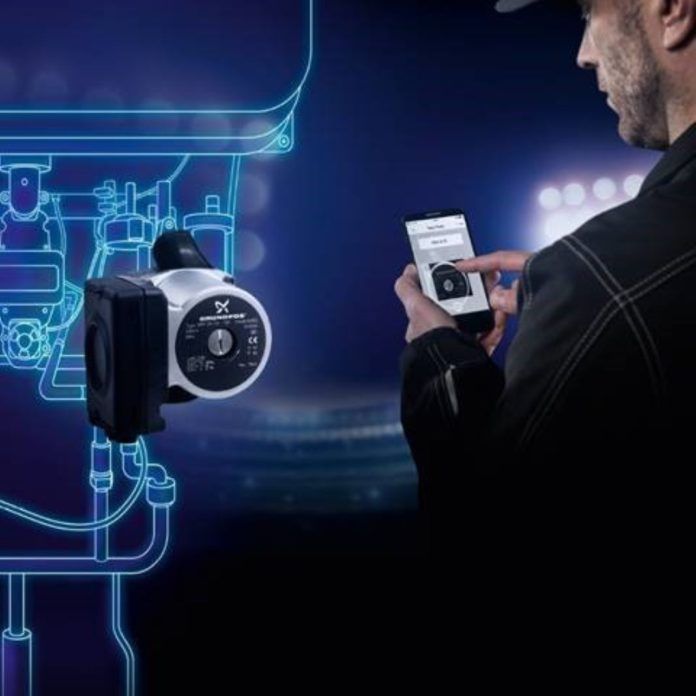
According to new research, 77% of voters across ten marginal constituencies want the government to do more to help make homes more energy efficient. The research was carried out by former Downing Street pollsters at J.L. Partners on behalf of Grundfos.
The polling suggests that voters are interested in cost-effective energy efficiency solutions but don’t know where to find them. A statement said that these cost-effective solutions would benefit consumers and commercial building owners, and this issue will be on voters’ minds as they approach the ballot box.
The polling results are dissected in Grundfos’ new white paper entitled, ‘Efficient Futures: An Exploration of Energy Efficiency Attitudes and Solutions in Bellwether Seats’. Findings uncover that 71% in bellwether seats believe the government is not doing enough to help households lower their energy bills. Those who voted Conservative in 2019 and plan to vote Labour in the coming election feel particularly strongly about this, with 81% of these ‘switchers’ saying the government is not doing enough.
Even among those who feel that the government was doing enough, 55% would like to see them do more. Energy efficiency was therefore set to influence voting behaviours in the general election, with six in ten more inclined to vote for a party that supports it, rising to eight in ten among switchers to Labour.
Desire for government support was found to be exacerbated by voters’ doubts about how energy efficient their home is. Only one in five voters were ‘very confident’ that their home is as energy efficient as it can be.
Consumers were prepared to invest an average of £500 yearly in improving their energy efficiency. Despite this, insulation was the energy upgrade that 495 of respondents are inclined to invest in. With insulation costing between £1,400 and £10,000, there is a clear need to raise awareness about the cost-effective, impactful energy solutions at voters’ fingertips. A total of 33% of respondents for instance, considered cost-effective upgrades such as optimising heating systems among the top three measures they would consider.
Optimising a heating system by replacing an outdated circulator pump or balancing a heating system represented the type of cost-effective energy solution that ‘voters crave’, a statement said. Encouraging the uptake of new circulator pumps, for example, can help households feel more confident about energy efficiency, while lowering bills by as much as £110 a year, it was reported.
James Johnson, co-founder of J.L. Partners, said: “This study has helped improve our understanding of voters’ relationship to energy efficiency and how it may impact their behaviour at the ballot box.
“People are far more likely to support parties that shine a light on the cost-effective energy efficiency solutions that can lower bills for a great many households and businesses.”
Bent Jensen, Divisional CEO of commercial buildings services at Grundfos, added: “Government should consider updating its online information on energy efficiency to give households accessible and accurate information on the savings potential of circulator pumps and hydraulic balancing.
“What’s more, incentivising businesses to transition to smarter energy solutions could reduce carbon emissions from commercial buildings while also saving these businesses money on bills.”
